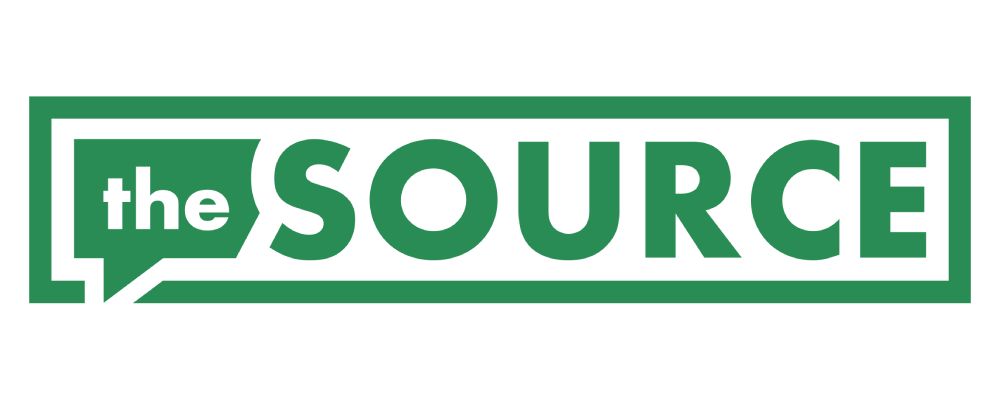Our mission at CRE OneSource is to automate the mundane and complex processes of CRE transactions. Our goal is to give you back 25% of your week so you can focus on the truly important tasks.
Forbes wrote a great article below and that perfectly explains the need driving our strategy.
Here are some key takeaways:
- It’s not just time that is wasted on repetitive tasks, it’s money too. With your time freed up, you’ll be better able to focus on chasing new business, expanding your network, and closing lucrative deals. Our technology saves you time by automating the most minuscule parts of any transaction.
- The value of relationships is not going away, but the value of technology increases every day. The value of our technology allows you to get out from behind your computer, chase emails/documents, and puts you in front of your current or prospective clients.
- The days of the analyst are over. Entire job roles can be replaced by automation, creating a cheaper and more effective team.
- Efficiency, accuracy, and profitability: The three main areas that automation improves on manual tasks. Our system does all 3.
What hidden costs are you racking up due to inefficient, manual processes? CRE OneSource can help. Schedule a demo to learn how.
Charlie Coppola
The Cost Of Manual, Repetitive Tasks In CRE: How Automation Can Help
Running a commercial real estate business involves a long list of time-consuming, repetitive tasks. The sheer volume of these tasks costs companies millions of dollars in staff time every year. Brokerages, bank appraisers, CRE services, and asset managers analyze hundreds of documents to complete a real estate deal, and this essential due diligence consumes valuable human capital. The brave new world of workflow automation offers great potential to speed up these tasks and save money in the process.
As someone who has run a 50-plus employee real estate due-diligence consulting business in the past, and who has founded a platform to automate aspects of the real estate transaction since then, I have seen firsthand how workflow automation can turn wasted time and money into profits.
Why does commercial real estate rely on manual processes?
The real estate industry has been slow to adopt new technology — we’re fond of saying, “real estate is a business of relationships.” While the importance of relationships has not changed, each passing year makes new technology available to CRE brokers, analysts, appraisers, and underwriters to do their jobs faster and with better accuracy. Everyone understands that time is of the essence amid a real estate transaction. If your analysis takes too long, you might miss out on the deal of a lifetime.
Which CRE workflow processes can be automated?
When you’re considering how to shift your due diligence process away from what has traditionally involved a series of repetitive manual tasks, you need to look at every step of the process to find inefficiencies. Whether you are building financial models, analyzing asset management, underwriting, reviewing a lease or performing due diligence for an appraisal, the process involves tasks that are ripe for automation.
For example, it’s very time-intensive to manually review every lease before you commit to a deal. Property managers need to look at service agreements, mortgage deeds and mortgage notes — an overall due diligence review of 50 to 100 documents.
If the deal moves forward, a bank or CRE service appraiser reviews the same set of documents, and of course, the property itself to assign it a classification. The same process repeats from brokerage to appraiser, to bank or CRE servicer — even for a straightforward deal, complex legal language and clauses can take up a large portion of several staff members’ workday.
How can workflow automation help commercial real estate?
I spoke recently with a loan brokerage client, as we were in a high-level brainstorm about how to scale their business. This brokerage finances about 75 loans each month, closing two to three every day in offices across the U.S. Because this brokerage services 85% of the loans it originates, it has a team of six analysts to review asset management carefully. Automation of these daily tasks — comparing and parsing data from one document to another — could save the firm anywhere from $6,000 to $1 million per year. That’s the potential savings for just one team of six or seven analysts. If you scale that to a more extensive operation, savings could approach $10 million on the loan side alone.
The financial equity side of the deal can achieve similar improvements to efficiency with automation. Whenever a CRE firm buys or sells a property, changes management or acquires a new loan, there’s a high likelihood that different financial software will be involved. Most firms today still work from spreadsheets, and then export to PDFs to move information across software platforms. Table-parsing automation can dramatically expedite that entire process by enabling users to quickly scan spreadsheets and PDF data, churn out financial models and run a property analysis.
Asset managers could save several million dollars per year by automating their quarterly reporting process to property managers. Such automation would simplify the preparation of financial reports for the CFO and CEO. With the same reporting requirement for every acquisition and servicing fund, automation offers a real opportunity to develop a lean, agile operation.
Who can use workflow automation?
There are opportunities for each part of the CRE chain to increase accuracy, operate more efficiently and save money. Every player can benefit from the financial analyst asset manager, property manager and loan appraiser on the acquisition side — to the underwriter, property manager, bank and CRE servicer on the financial side. Likewise, workflow automation can streamline every due diligence process from CRE acquisition to funding and property management to improve efficiency, accuracy and profitability.
Most commercial real estate industry players keep a laser focus on growing numbers for revenue and commission and pay less attention to the bottom line. As a substantial chunk of overhead, how much do companies spend to employ analysts (at $100 per hour) while relying on processes that require repetitive data entry and similar tasks?
CRE workflow automation creates opportunities through the transaction chain to complete analysis and reporting more accurately and with greater efficiency. These bottom-line benefits can translate to better profitability, no matter the volume of deals in any given year.









